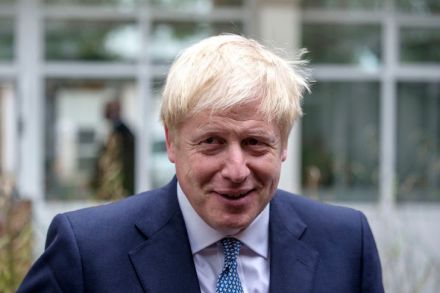Portrait of the week | 1 August 2019
Home The Conservatives’ poll ratings went up and the pound went down after a week of the prime ministership of Boris Johnson, as the government reiterated its commitment to leaving the European Union by 31 October. David Frost, the Prime Minister’s chief Brexit negotiator, told his EU counterparts of the commitment and Rishi Sunak, the Chief Secretary to the Treasury, said: ‘We are turbo charging preparations for no deal.’ When Mr Johnson visited Scotland, Nicola Sturgeon, the First Minister of Scotland, said he was ‘really pursuing a no-deal Brexit’. Ruth Davidson, the leader of the Scottish Conservatives, said: ‘I don’t think the government should pursue a no-deal Brexit.’ Before going



















